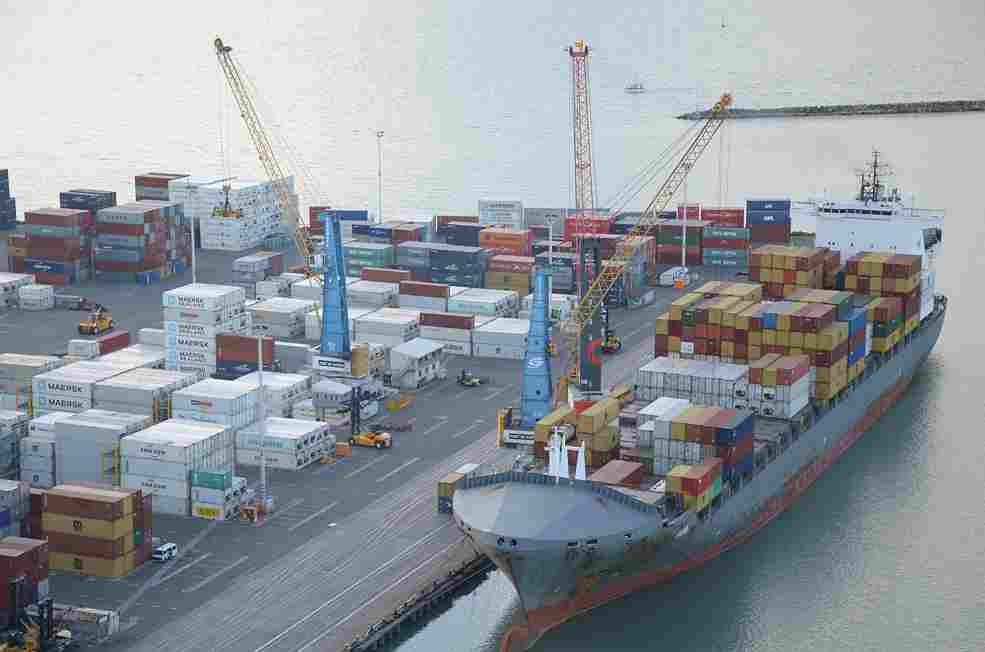
Corporate Social Responsibility in the Bunker Fuel Sector: Navigating Towards a Sustainable Future
Corporate Social Responsibility (CSR) is increasingly becoming a focal point for companies across industries, including the bunker fuel sector. As environmental concerns and societal expectations rise, bunker fuel companies are integrating CSR into their operations to promote sustainability, ethical practices, and positive community impact. This article explores the significance of CSR in the bunker fuel sector, key initiatives, challenges, and future directions.
The Importance of CSR in the Bunker Fuel Sector
- Environmental Stewardship: The bunker fuel industry is under significant scrutiny for its environmental impact, particularly in terms of greenhouse gas emissions, oil spills, and marine pollution. CSR initiatives are essential for mitigating these environmental risks and promoting cleaner, more sustainable practices.
- Reputation and Trust: Implementing robust CSR strategies helps companies build trust and a positive reputation among stakeholders, including customers, regulators, and the broader public. Transparency and accountability in CSR efforts enhance corporate credibility and stakeholder relations.
- Regulatory Compliance: Proactive CSR practices ensure compliance with stringent environmental regulations and international maritime laws. This not only helps companies avoid legal penalties but also positions them as leaders in regulatory adherence and environmental responsibility.
Key CSR Initiatives in the Bunker Fuel Sector
- Emissions Reduction Programs: Bunker fuel companies are investing in technologies and practices to reduce sulfur oxide (SOx), nitrogen oxide (NOx), and particulate matter emissions. This includes the adoption of low-sulfur fuels, exhaust gas cleaning systems (scrubbers), and alternative fuels such as LNG and biofuels.
- Sustainable Supply Chain Management: Ensuring the sustainability of the entire supply chain, from fuel sourcing to delivery, is crucial. Companies are working to source fuel from environmentally responsible suppliers and optimize logistics to reduce carbon footprints.
- Community Engagement and Development: Bunker fuel companies are engaging with local communities to support social and economic development. Initiatives include educational programs, infrastructure development, and health and safety campaigns to improve the quality of life in port communities.
- Research and Innovation: Investing in research and development of new technologies and practices to enhance fuel efficiency, reduce environmental impact, and promote sustainable marine transportation is a key CSR focus. Collaborations with academic institutions and industry organizations drive innovation.
Challenges in Implementing CSR
- Economic Pressures: Balancing economic performance with CSR commitments can be challenging. The high costs associated with implementing sustainable technologies and practices may deter some companies, particularly smaller operators with limited financial resources.
- Global Regulatory Variability: Differing regulatory requirements across countries and regions complicate the standardization of CSR practices. Companies must navigate a complex landscape of local, national, and international regulations to maintain compliance and coherence in their CSR strategies.
- Measurement and Reporting: Establishing clear metrics and methodologies for measuring CSR impact and reporting progress is essential yet challenging. Companies must develop robust frameworks to track and communicate their CSR efforts transparently and effectively.
Future Directions
- Enhanced Collaboration: Greater collaboration between bunker fuel companies, regulatory bodies, non-governmental organizations, and other stakeholders will drive more comprehensive and effective CSR strategies. Partnerships can facilitate knowledge sharing, resource pooling, and coordinated action.
- Technological Advancements: Continued investment in advanced technologies, such as digital monitoring systems, blockchain for supply chain transparency, and cleaner fuel alternatives, will be critical in advancing CSR goals.
- Policy Advocacy: Active participation in policy development and advocacy for stronger environmental regulations and industry standards can help shape a more sustainable future for the bunker fuel sector. Companies can leverage their expertise to influence policy decisions and promote industry-wide sustainability.
Conclusion
Corporate Social Responsibility is no longer an optional add-on for bunker fuel companies but a fundamental aspect of their operations. By prioritizing environmental stewardship, sustainable supply chain management, community engagement, and innovation, the bunker fuel sector can navigate towards a more sustainable and socially responsible future. Embracing CSR not only benefits the environment and society but also enhances corporate reputation, stakeholder trust, and long-term business viability. As the industry evolves, sustained commitment to CSR will be crucial in addressing the environmental and social challenges of maritime fuel operations.





